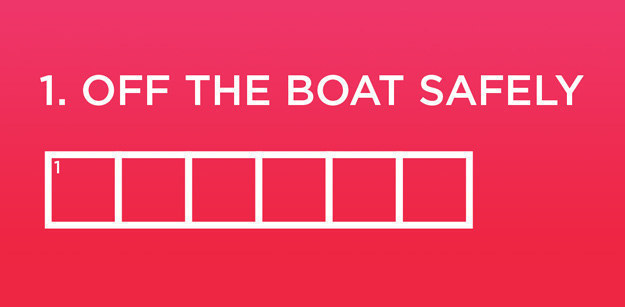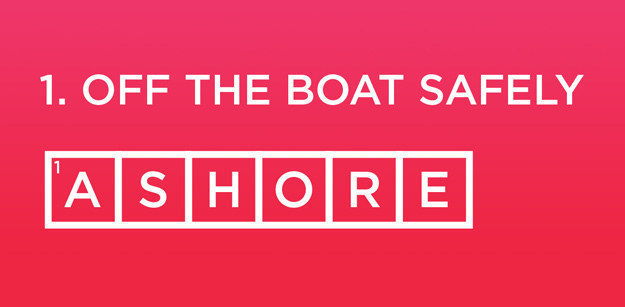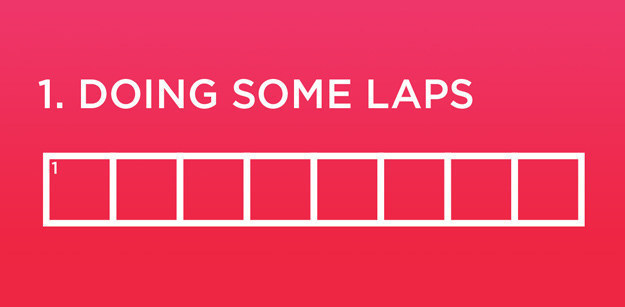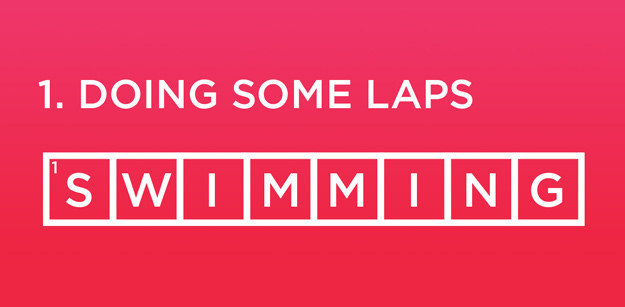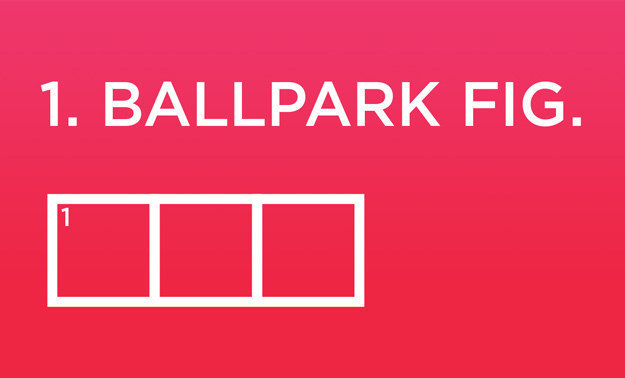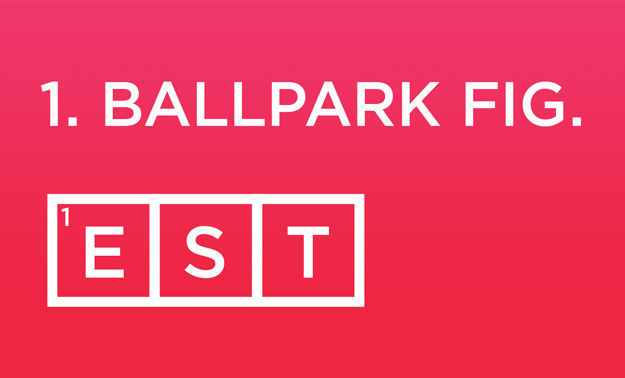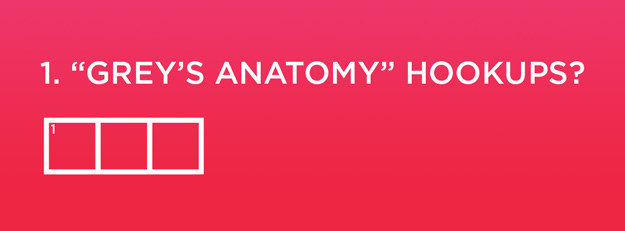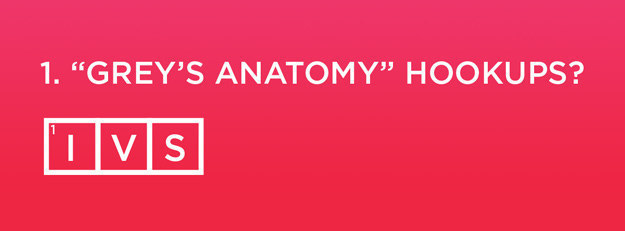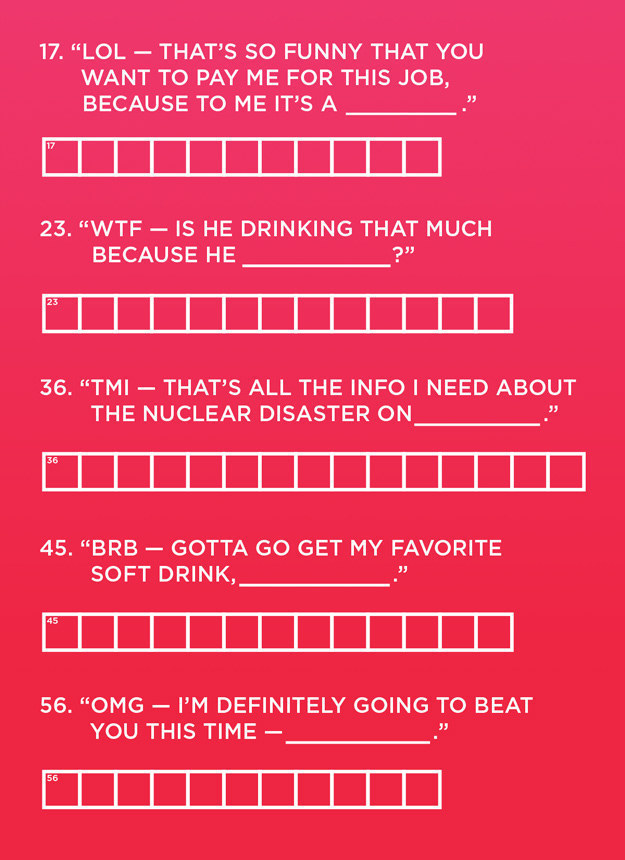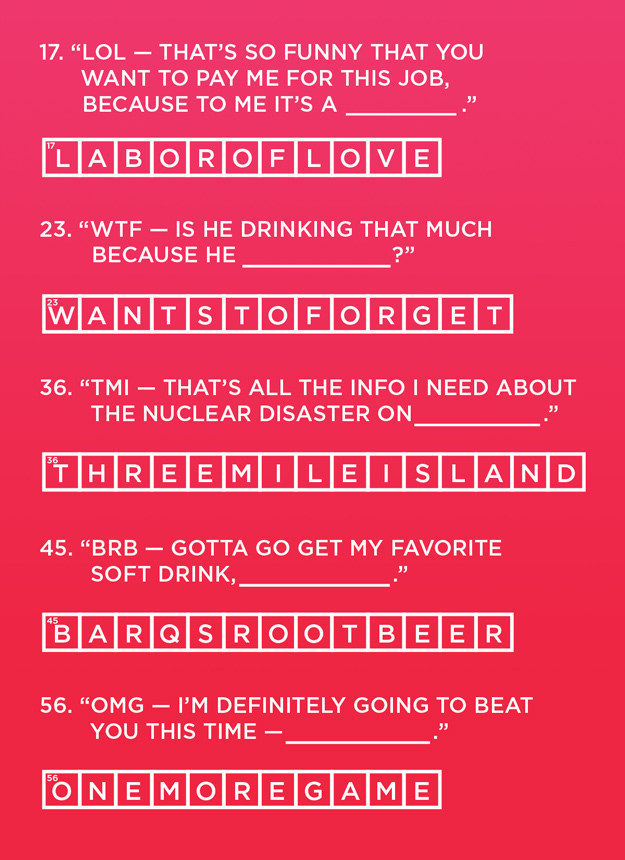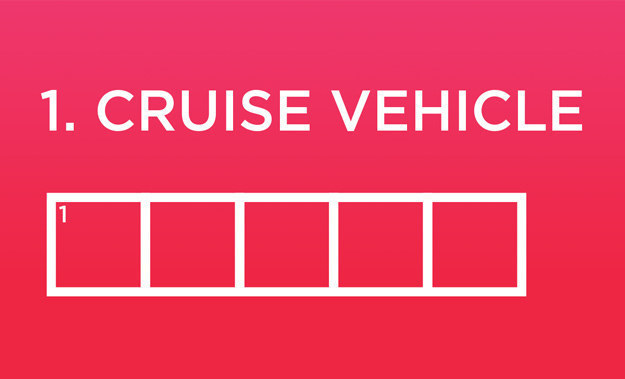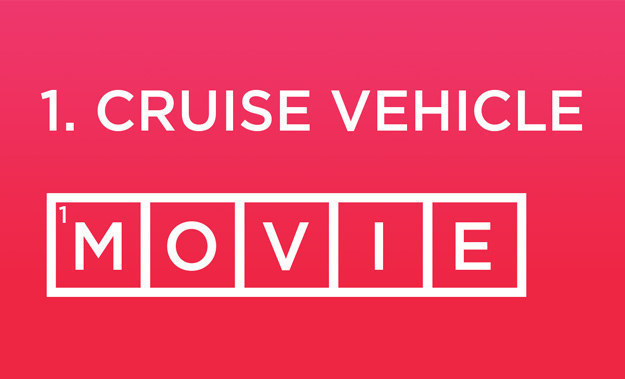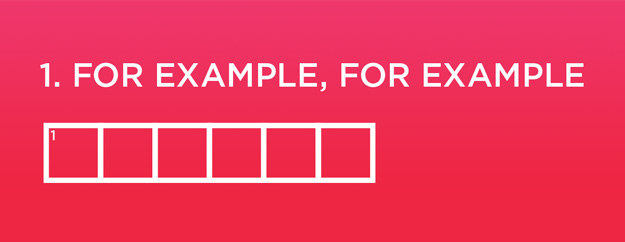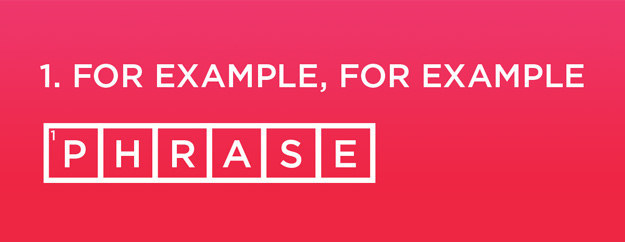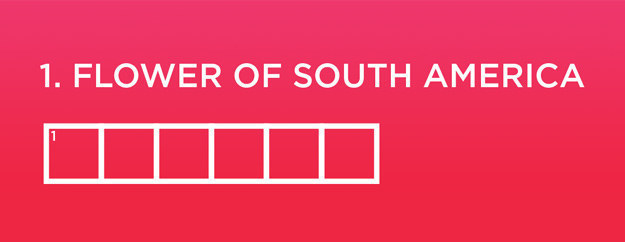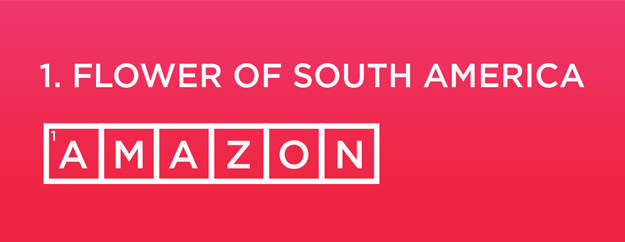Crossword puzzles are much easier than you think.
One of the most frustrating things about starting to solve crosswords is that the relationship between a clue and its answer can seem random and obscure. It's kind of like a new language you have to spend some time with to learn. Here are some tricks that I think will make solving puzzles much more enjoyable and fun to solve!
1. The answer will always be the same part of speech as the clue.
Basically, you should be able to substitute the clue and the answer in a sentence with the sentence staying pretty similar in meaning. An easy way to test this is by actually thinking of a sentence you could use the clue in and working backwards to other chunks that would sound similar in such a sentence. For example, let's use [Off the boat safely]. I'll put it in a random sentence that it makes sense in: "Captain Jack Sparrow is off the boat safely". What could I replace the chunk off the boat safely with while keeping the meaning of the sentence?
2. If the clue is a verb, the answer will have the same tense. If it's a noun, the answer will have the same number.
This is a sub-trick of #1 that can help fill in certain letters before you even know the answer! For example, if a noun is plural, you can probably pencil in an "S" as the last letter. Or if a clue is something like [Doing some laps] you can probably pencil in -ING as the ending.
3. If the clue has an abbreviation, so will the answer.
This is pretty self-explanatory.
4. A question mark at the end of a clue means something is up.
A question mark tells you that not everything is as it seems, and the clue probably involves some wordplay or trickery. It's like a warning that one of the parts of the clue isn't what it seems like at first. For example, the clue ["Grey's Anatomy hookups?"] might initially make you think the answer has to do with romance — but the question mark makes you think twice about your initial interpretation of the word "hookups"...
5. Some puzzles have three or more longer answers that will be tied together in some way as a theme.
A lot of the fun of the puzzle comes from discovering the overarching theme, which connects several symmetrical answers throughout the puzzle in a specific way. Sometimes a theme will be puns on a topic, sometimes a certain letter or word will be taken away from answers to produce a wackier answer... No matter what, figuring out the theme is the key to unlocking the longer answers of the puzzle, so always be on the lookout for how they connect.
6. Some clues will try and trick you by "burying the capital."
All clues begin with a capital letter, which some devious clues will take advantage of by starting with a proper name that also could just be a normal word. For example, [Cruise vehicle] may not be a method of transportation at all...
7. Don't necessarily start at 1-Across.
Although that's where the puzzle starts, it's easier to find answers you know immediately (called "gimmes") and use them as a toehold to make other parts of the grid easier.
8. "Say," "e.g.," or "for example" means the answer is a category that the clue belongs to.
For example, the clue [For example, for example] is asking for a category that "for example" is a part of.
9. Certain shorter answers appear all the time in crosswords.
They're called "crosswordese" and once you start solving you'll see them everywhere. They're usually shorter words filled with letters that are only 1 point in Scrabble– words like ESS, ESTE, NENE, STEN, ETE, etc.. These answers are yucky, but often work like glue holding a bunch of other more common answers together.
10. The type of name used in the clue will correspond to the type of name used in the answer.
If a clue uses first names, it's looking for a first name. If it uses a last name, it's looking for a last name.
11. Watch out for tricky plays on pronunciation.
Clues will also take advantage of the fact that they're written and not spoken to play with words that look the same. For example, [Flower] might refer to something that flows and [Number] can refer to something that numbs.

